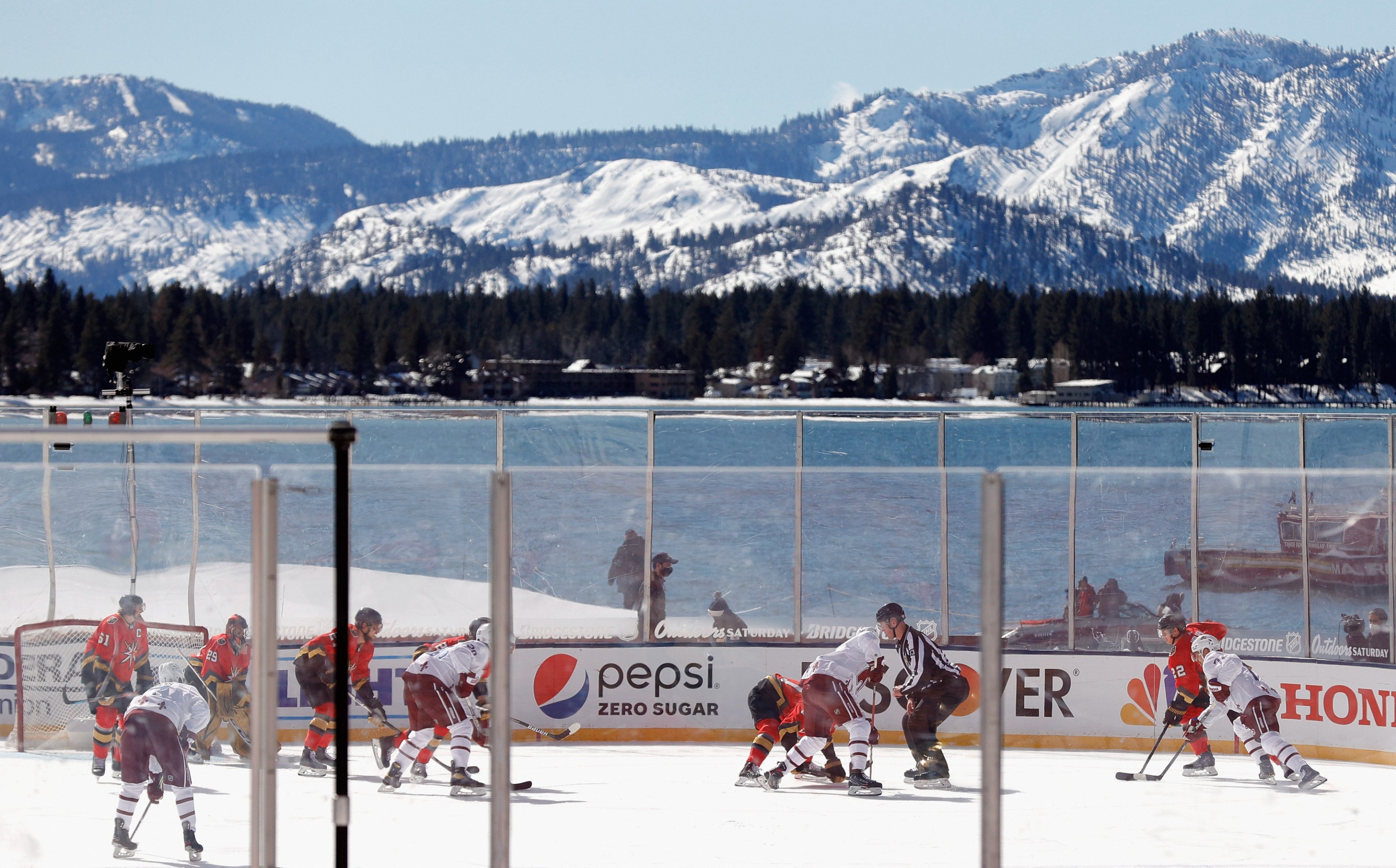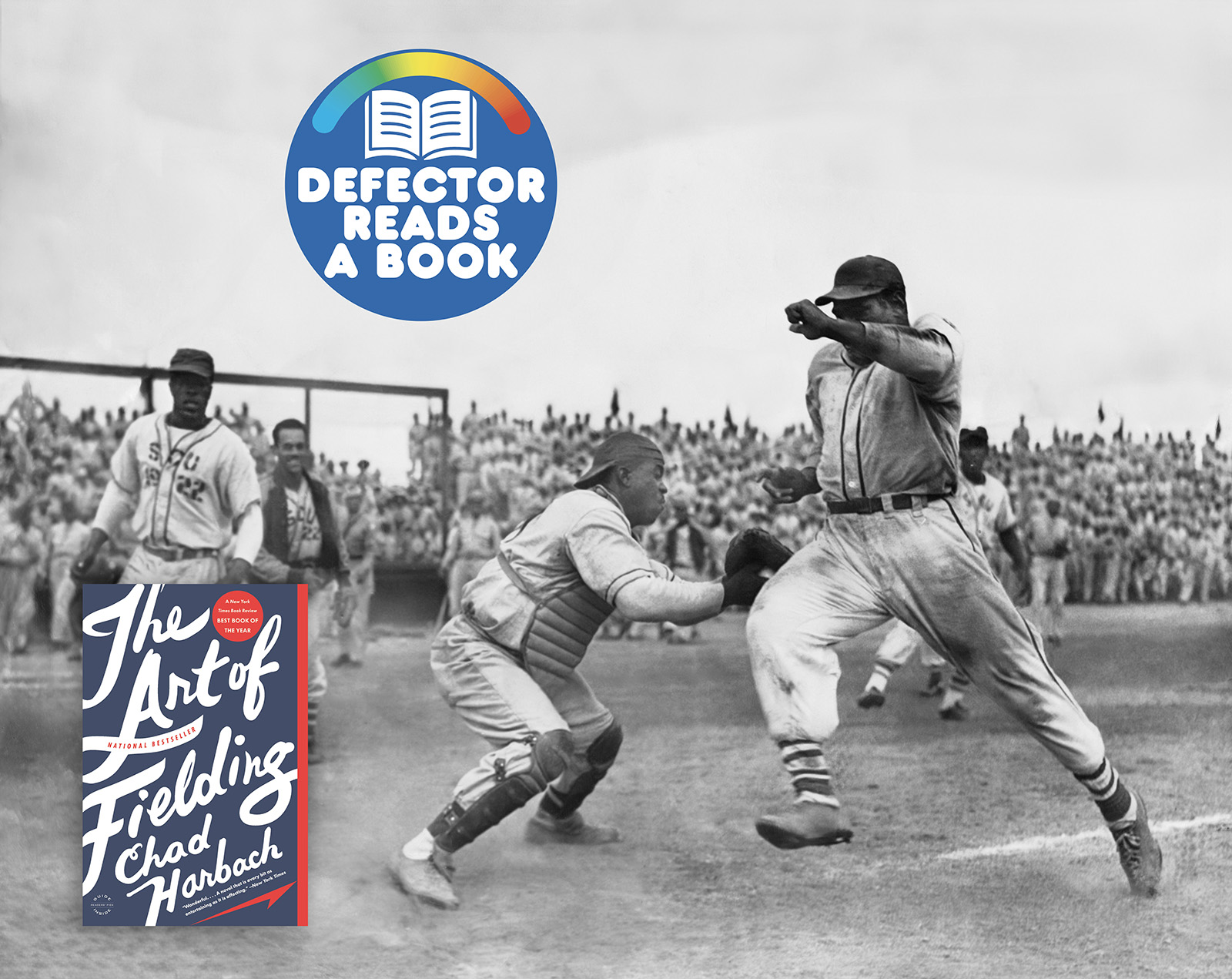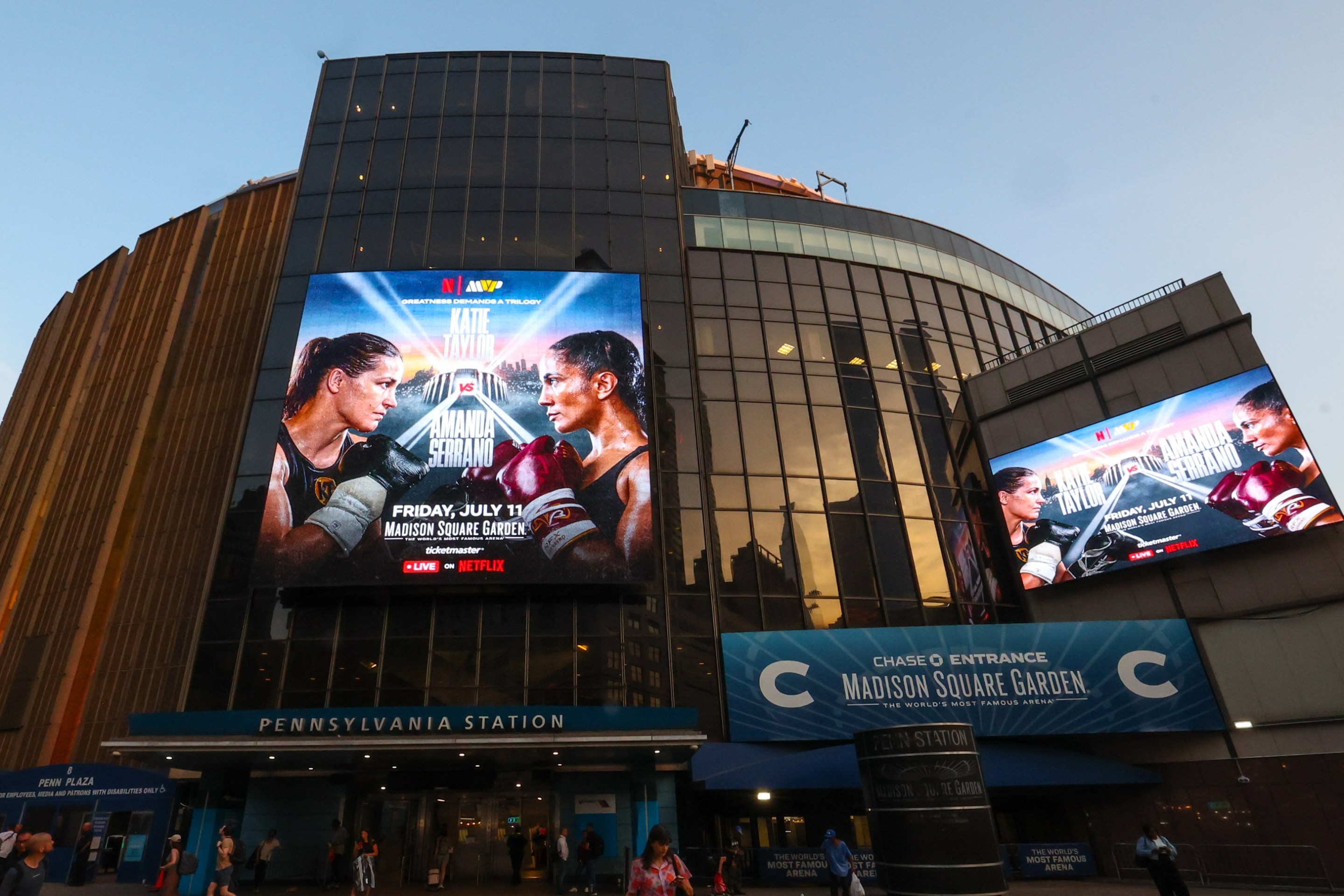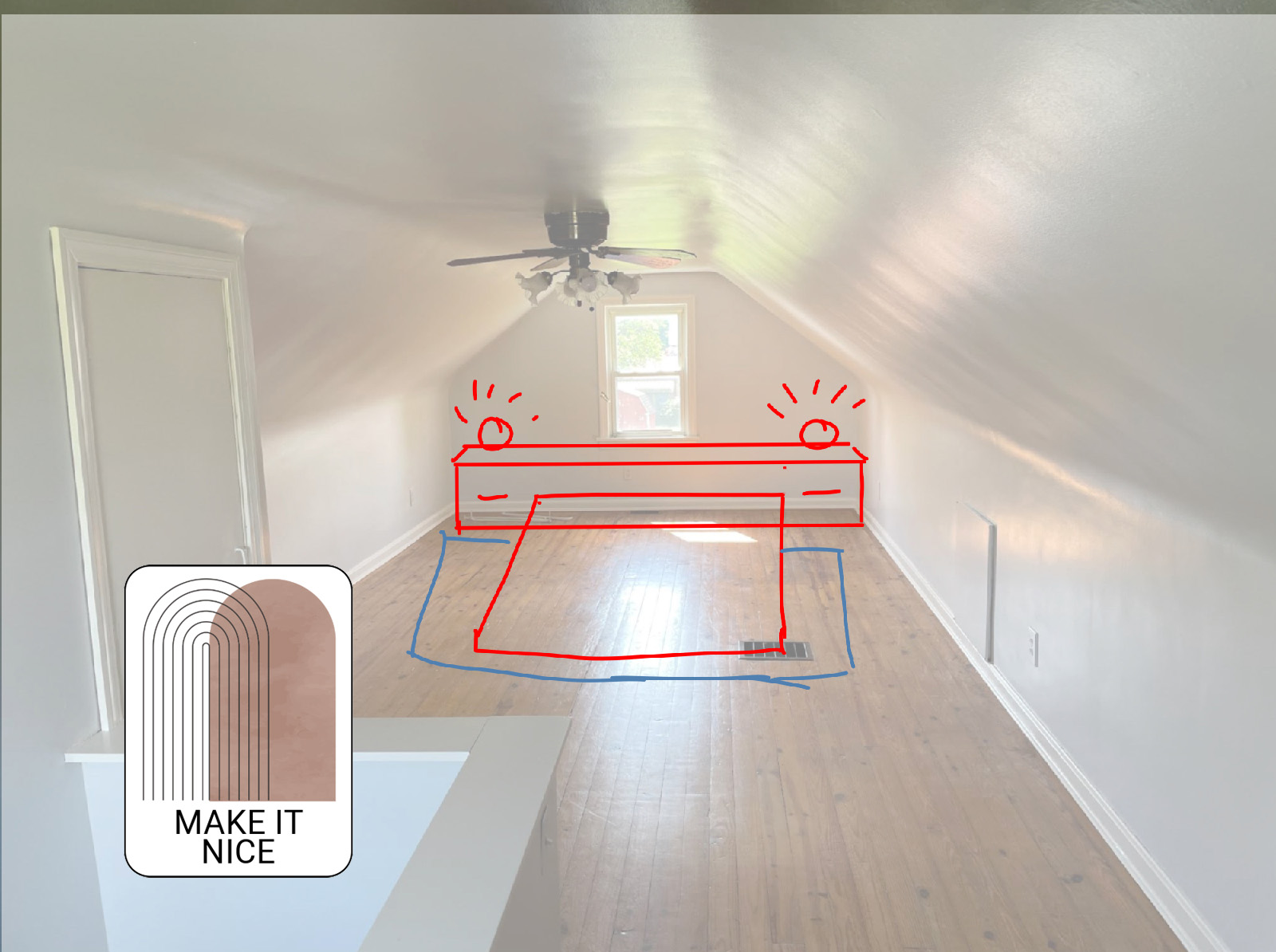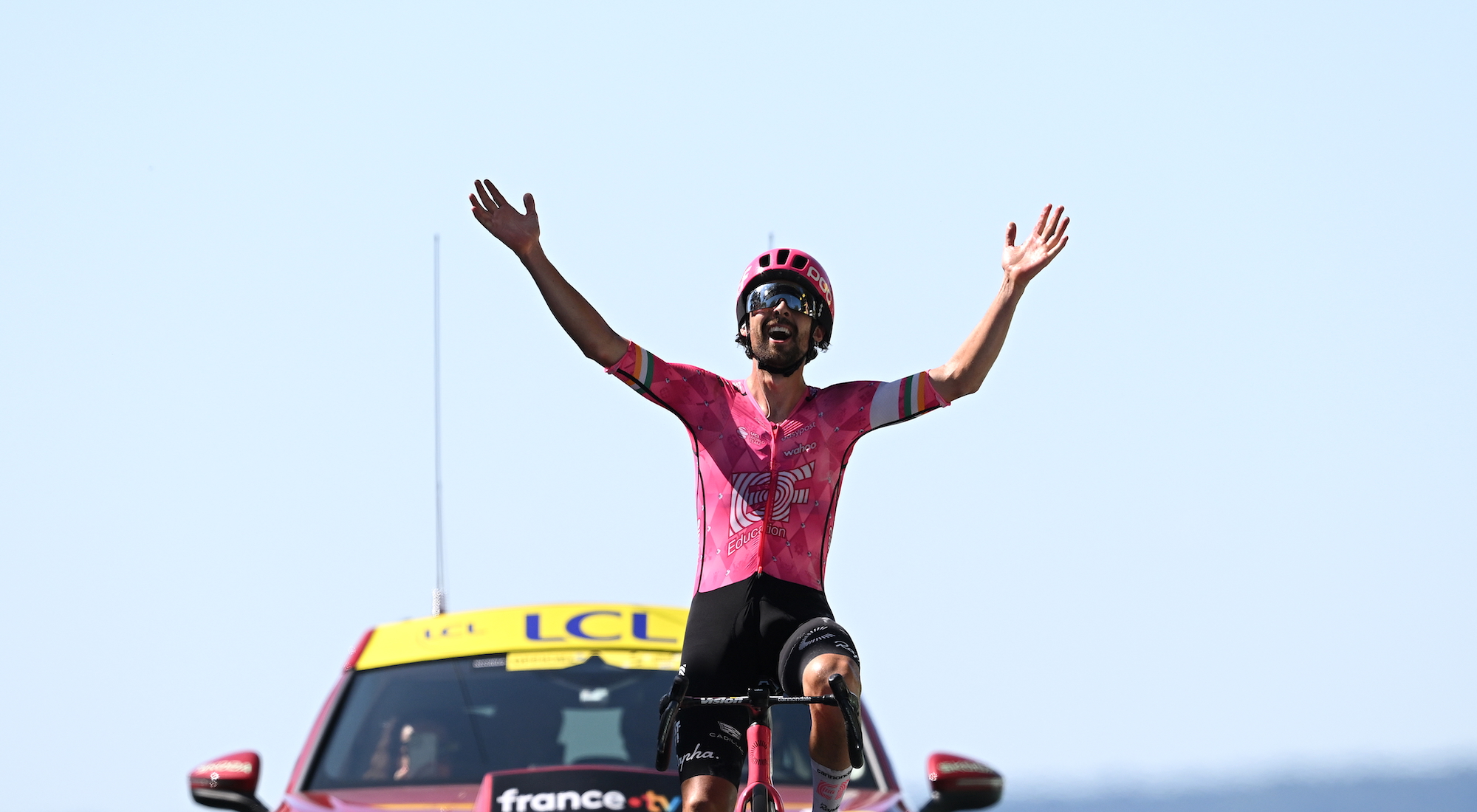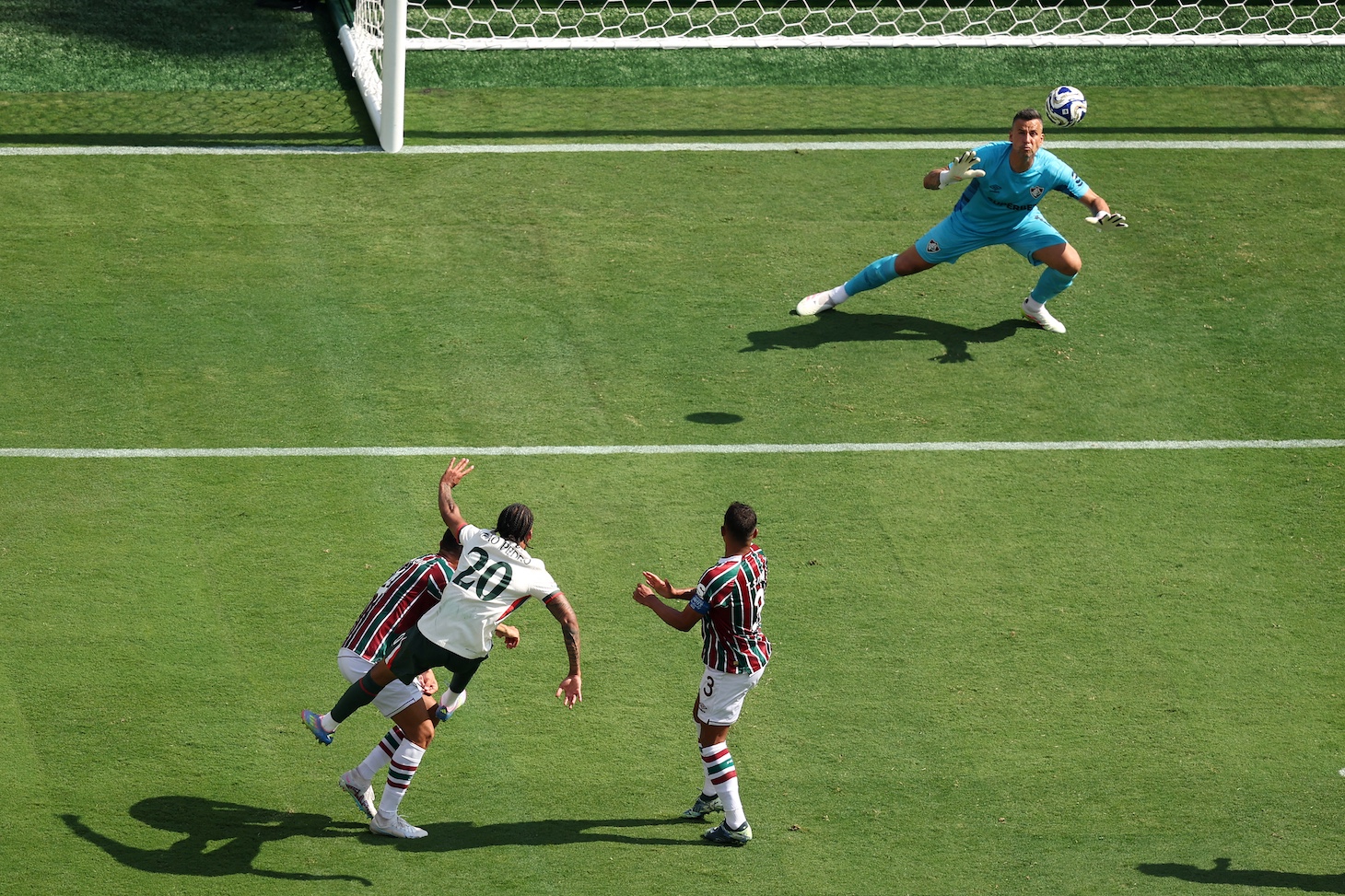The sun: mankind's oldest frenemy. It heats this lonely space rock ball, making it possible for us to live. It gives plants energy, so that we may eat them and decorate our windowsills with them. It bounces its rays off of objects both near and distant, like Marc-Andre Fleury and the Sierra Nevadas, directly into our retinas and camera lenses, thus allowing us to see the breathtaking spectacle of a Golden Knights–Avalanche game played on the shores of Lake Tahoe, the NHL's fan-less version of an outdoor game in this mostly fan-less season. The water! The mountains! Those Nordiques pseudo-throwbacks! Thank you, the sun, for your bounty.
Ah, but the sun takes as well as gives. The sun also melts and softens the ice of an outdoor hockey game, creating ruts just waiting to grab a passing skate blade. The sun forces the NHL to delay the start of the second period by eight damn hours, until the sun has retreated down the sky. "Sunshine," intoned NHL commissioner Gary Bettman, "has always been our enemy."
"Sunshine has always been our enemy" - Gary Bettman pic.twitter.com/mCTbvz2w0K
— CJ Fogler #BlackLivesMatter (@cjzero) February 20, 2021
In the box score the Avalanche beat Vegas 3-2, but the game itself is always the least interesting thing about these outdoor games, of which the NHL has now played 30 since the first Heritage Classic in Edmonton in 2003. Puck drop was just after noon local time, and the game wrapped up closer to 11 p.m., and in between was a first intermission that lasted all afternoon and evening after the NHL, upon consulting with players and icemakers, decided that the sunlight was making ice conditions dangerous. Sure, the delay was embarrassing for the league, but not as embarrassing as if Nathan MacKinnon had broken an ankle.
The forecast had called for partly cloudy skies, but the forecast wasn't the issue: This game had long been scheduled for this time by the NHL and NBC "for the purpose of hitting their available windows," deputy commissioner Bill Daly said, "and maximizing distribution and impact." In other words, ratings, and the fact that NBC wasn't giving over its primetime to hockey. (When the game resumed it aired on NBCSN. Sunday's second Tahoe game, between Philadelphia and Boston, has also been moved to the evening as a precaution, and has been bumped from NBC to NBCSN.) So if you were wondering why the league didn't just schedule the games at night in the first place, there you go. They knew the risk of something like this happening was there, but figured the rewards of afternoon NBC viewership were worth it.
The NHL considered resuming the game at 7 a.m. local time today, early enough that the sun wouldn't be an issue, but decided against that in order to give the ice a full day to be worked on ahead of the second game. Honestly, the night portion of the game still looked pretty great, under the lights the NHL had trucked in just for a contingency like this.
This was not how the NHL envisioned this weekend unfolding, but you could argue it's truer to the spirit of pond hockey. For real-deal pond hockey you're fully at the mercy of the elements, and you don't have a professional ice crew to fix things up. You just avoid the wet spots on the surface, and once there are too many, you pack up and go home to wait for a cooler, grayer day. So I didn't hate the way things played out; this was, if not in the way the league intended, something quite like hockey reconnecting to its roots. Bad ice happens, and it's a lot more palatable when it's because you're getting back in touch with nature than when you're just playing in the Panthers' building.
